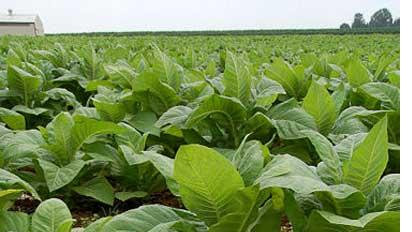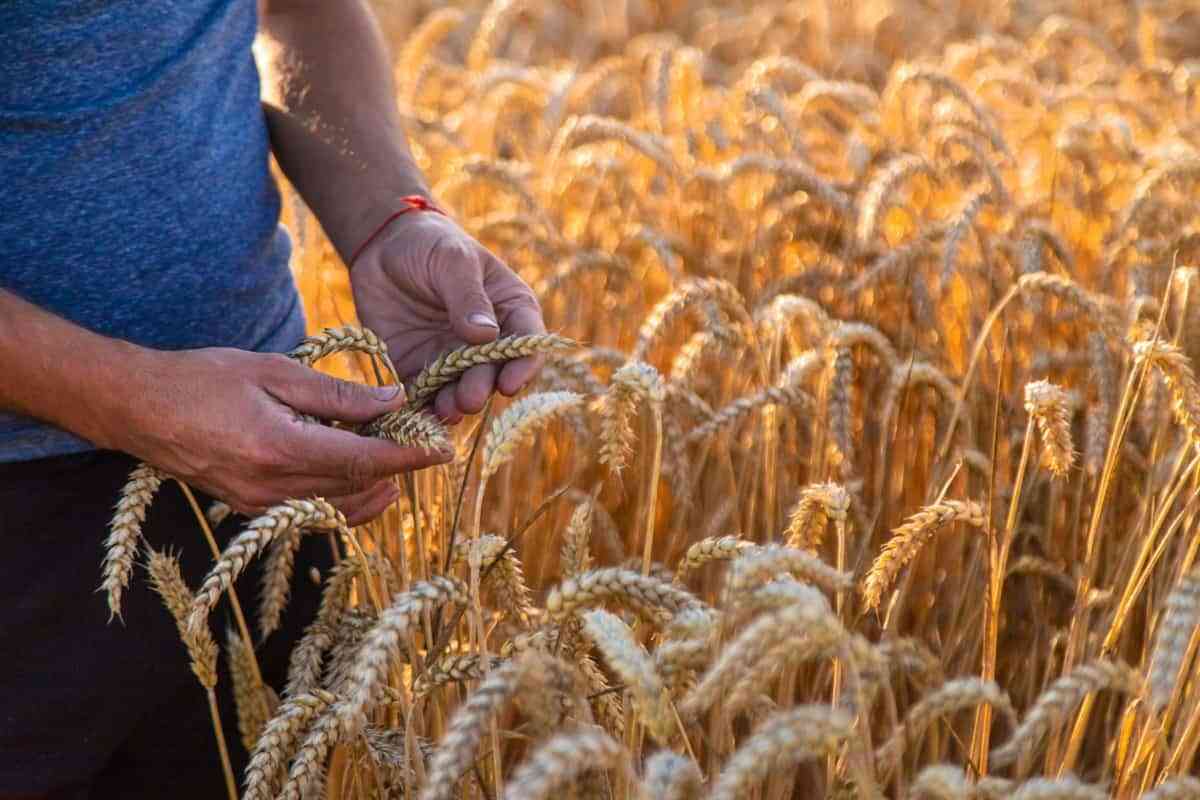
The land reform programme,under which 4 000 white commercial farmers were removed from their properties and replaced by hundreds of thousands of new black farmers, has 14 years on been described as a success story in some sections of the media. Government has also touted it as an unqualified success.
NewsDay Editorial
This is mainly on the strength of the growth in tobacco farming.
Most new farmers have over the years reaped huge rewards at the tobacco auction floors as the golden leaf fetched thousands of dollars for them. Most of these farmers saw their lives transformed almost overnight from poverty to relative wealth. Stories abound of how some of these farmers were able to build modern homes in place of their thatched huts; and even afforded themselves such luxuries as motor vehicles, something unheard off barely a decade ago.
But it would seem something has gone desperately wrong with the crop, which is this year selling at laughable prices of as low as $0,60 a kg.
Many farmers have been angered by these prices and feel cheated by the system. They allege chicanery in the manner their tobacco is being bought. They suspect crooks are buying their crop at such lows prices so that they can resell it later at much higher prices.
But Tobacco Industry and Marketing Board (TIMB) chief executive Dr Andrew Matibiri says there is no such trickery, only that buyers at the auction floors were now more concerned with quality rather than quantity. He says investigations are ongoing into allegations that unscrupulous middlemen are buying tobacco from the farms, thereby prejudicing farmers of lots of money.
But the anger shown by the new farmers points to something drastic happening in the tobacco farming sector. Almost every day riot police have to quell discontent as the farmers threaten to riot demanding higher prices.
- Chamisa under fire over US$120K donation
- Mavhunga puts DeMbare into Chibuku quarterfinals
- Pension funds bet on Cabora Bassa oilfields
- Councils defy govt fire tender directive
Keep Reading
It is very likely tobacco is going the way of cotton. Cotton used to be referred to as the “white gold”. It was the cash crop of choice for thousands of peasant farmers, particularly in Gokwe, Sanyati and other rather dry areas where it thrived better than any other crop.
But now almost all cotton farmers, from small-scale to large-scale, have shunned the crop because it has become unrewarding. In 2012 it fetched $0,35 a kg when farmers expected to sell it at $1,50. Huge losses were incurred. The farmers have since switched to other crops like soyabean and maize.
Last week tobacco farmers interviewed vowed to move away from tobacco alleging daylight robbery in the pricing. In the euphoria engendered by the high prices of the past few years, no one warned the new farmers on the volatility of prices in the commodities sector, a sector in which prices cannot be fixed by government intervention without dire consequences.
Government, through the TIMB and other agencies, should begin to educate the new farmers on all the matrices that go with cash-crop farming so that they are under no illusion of the vagaries of commodity pricing.











